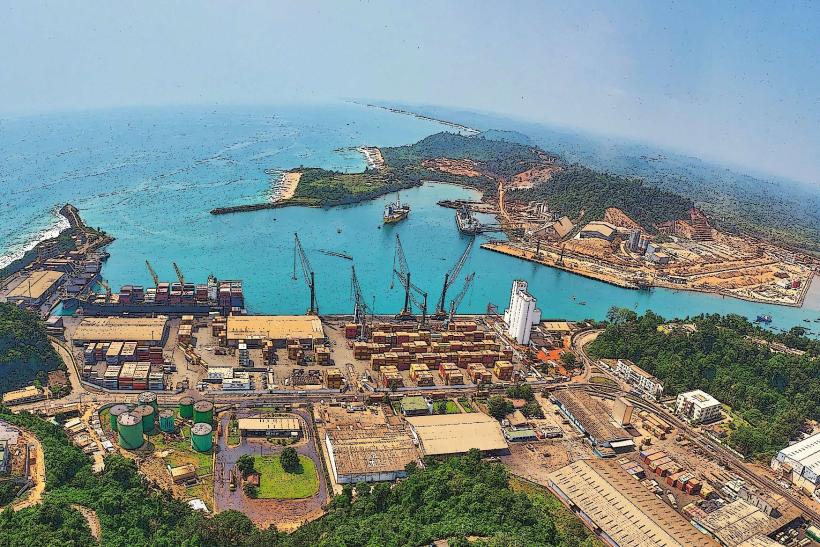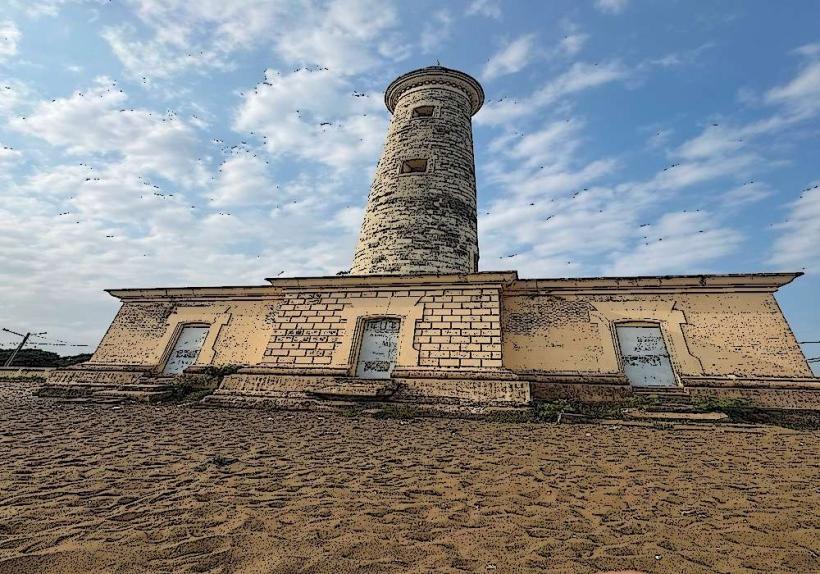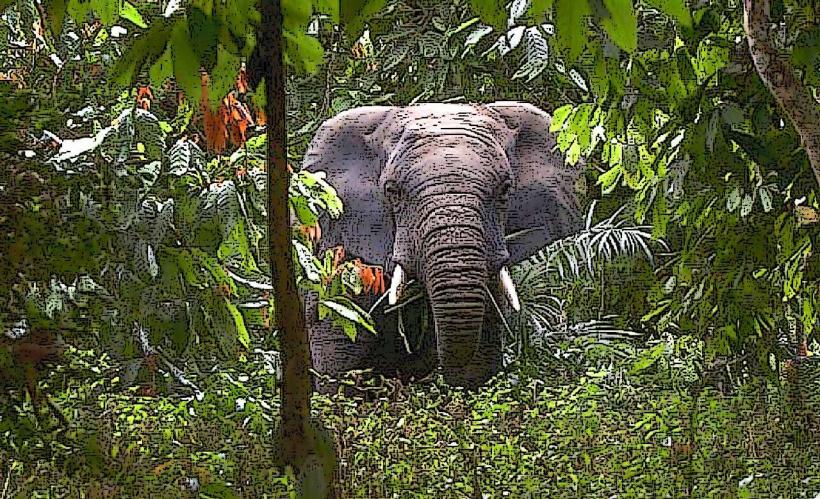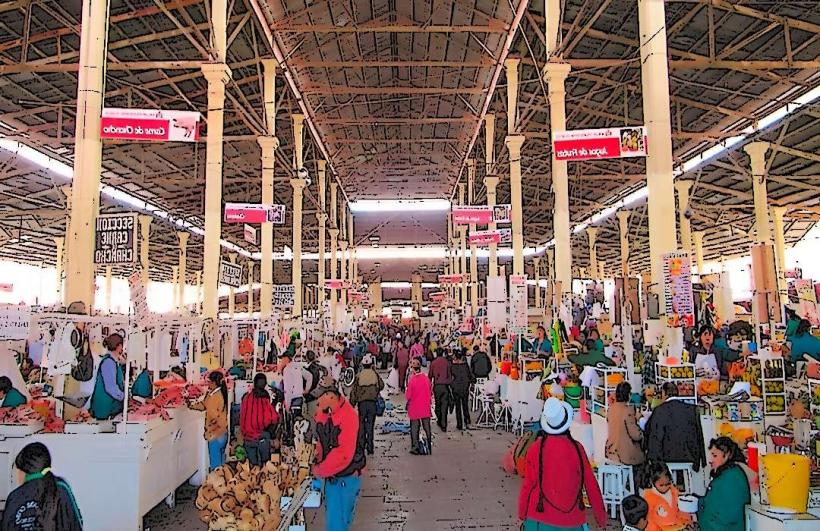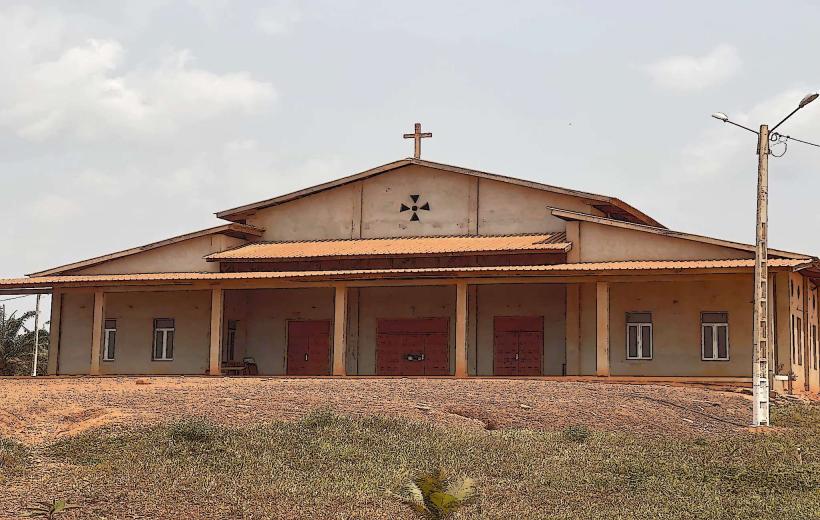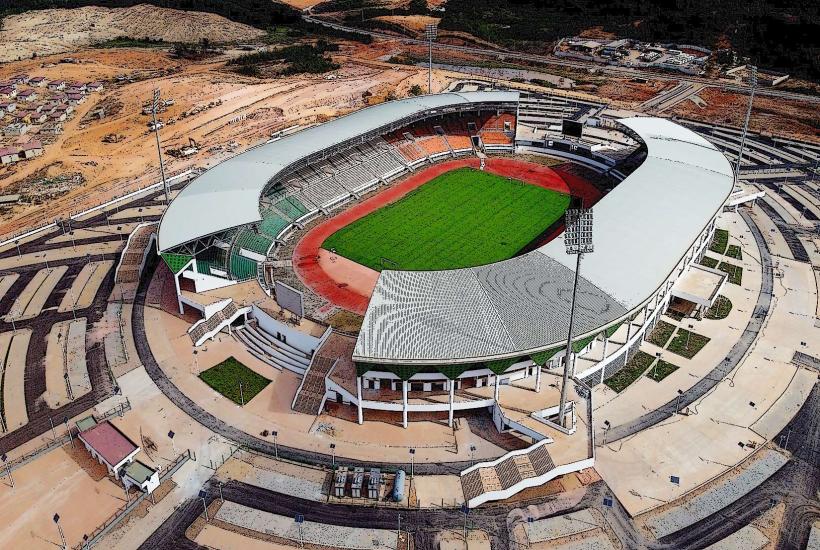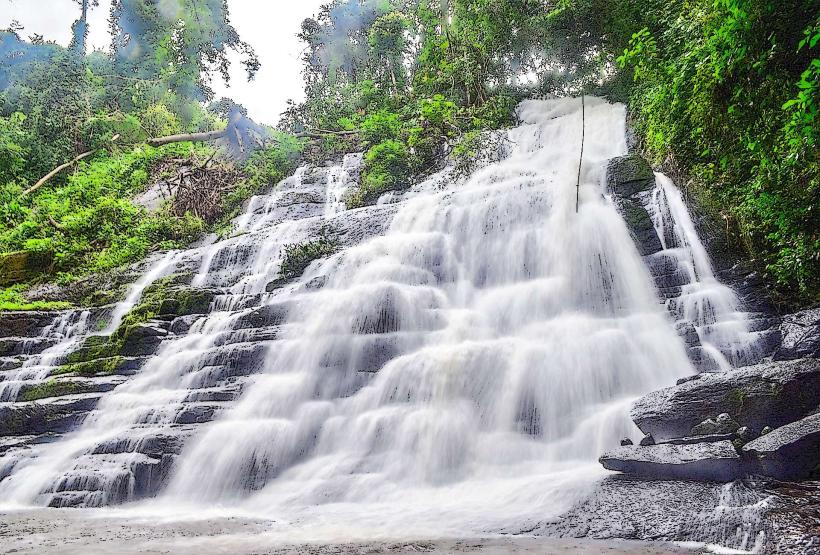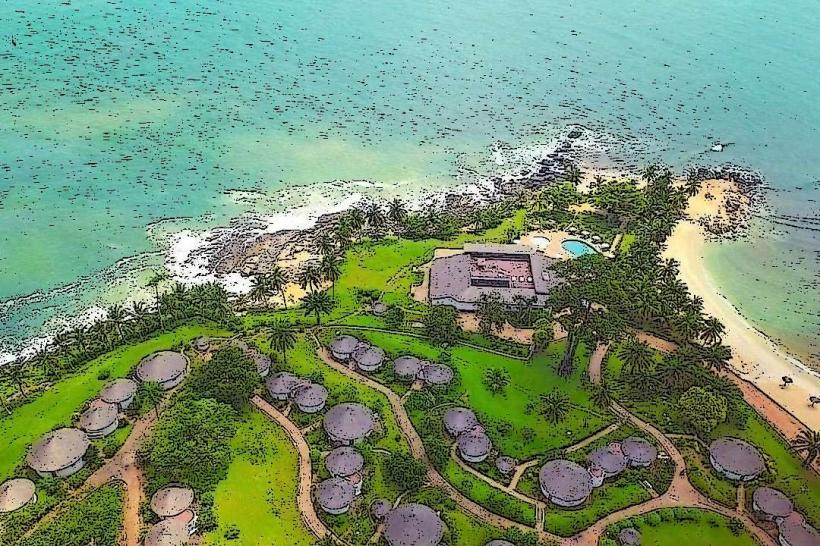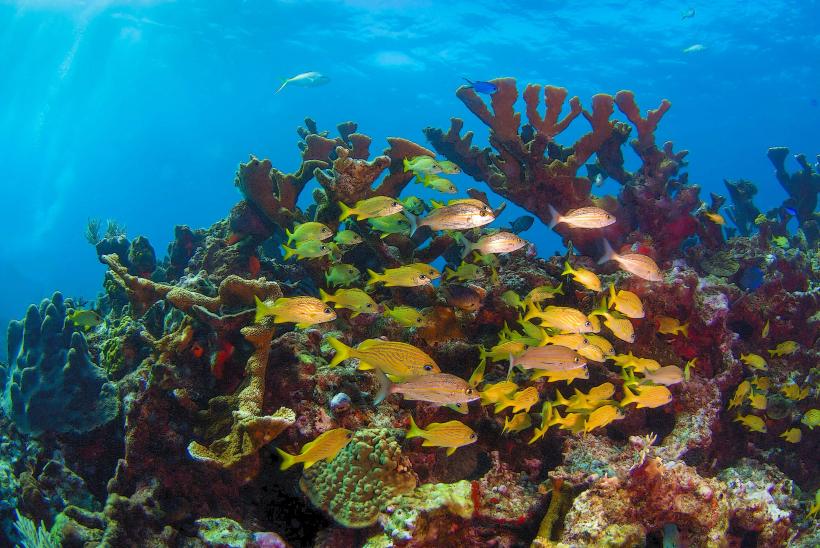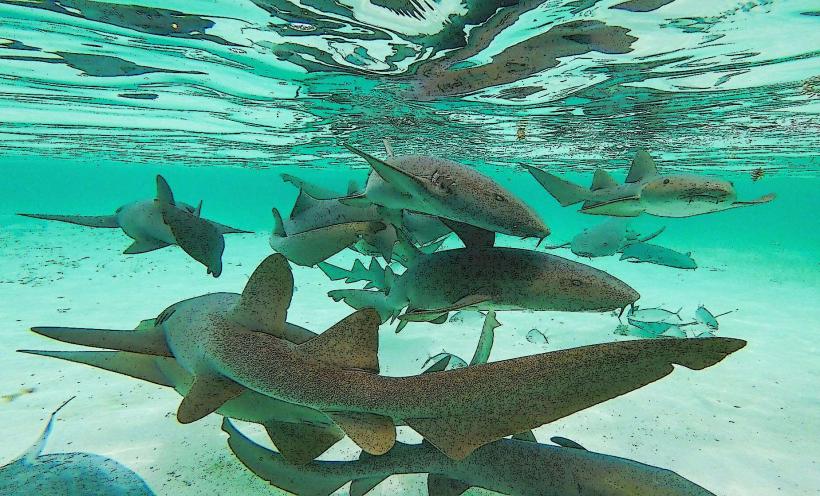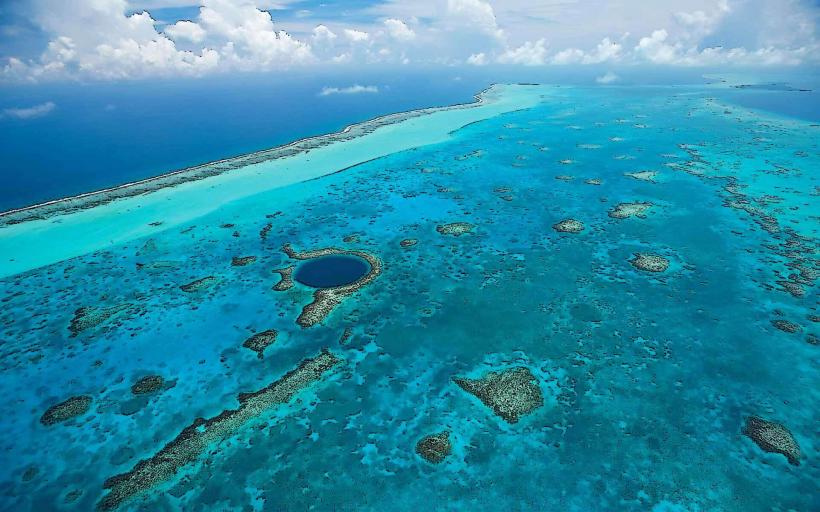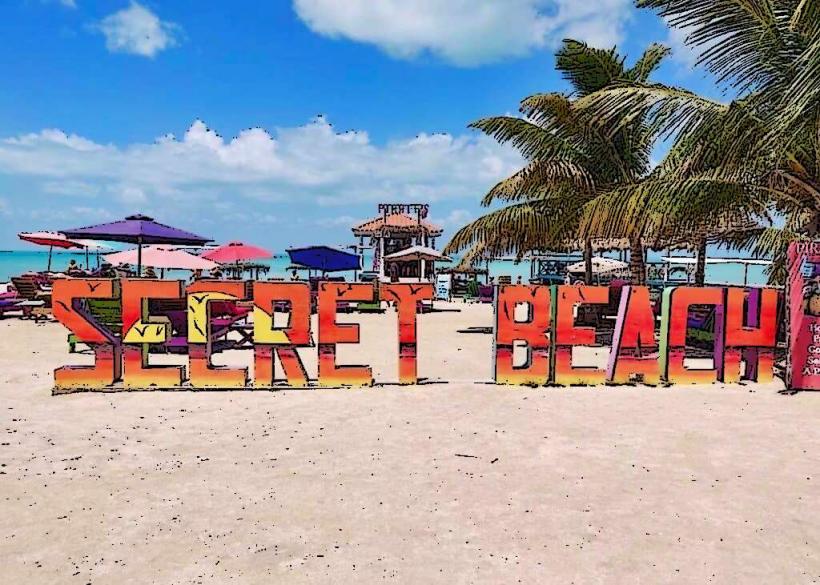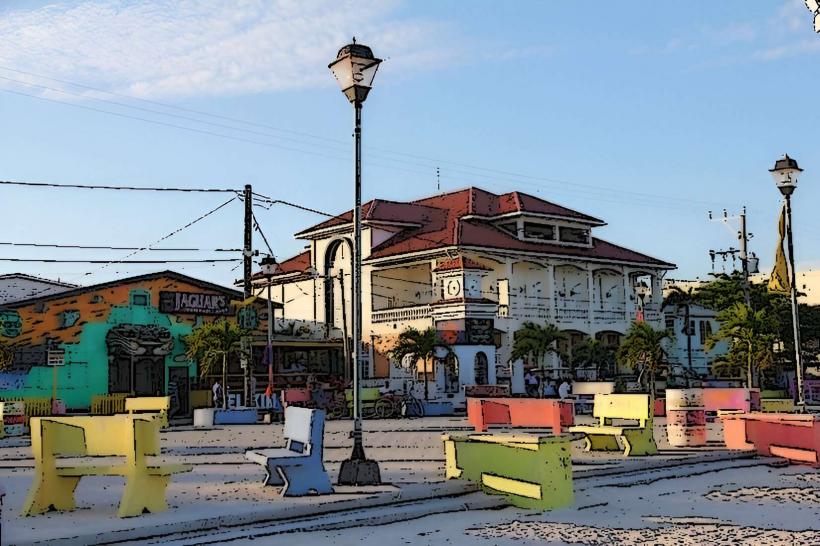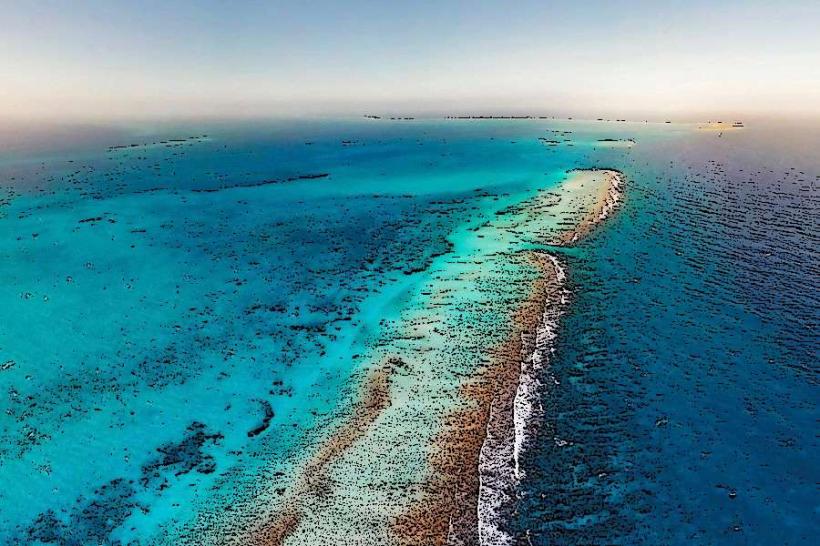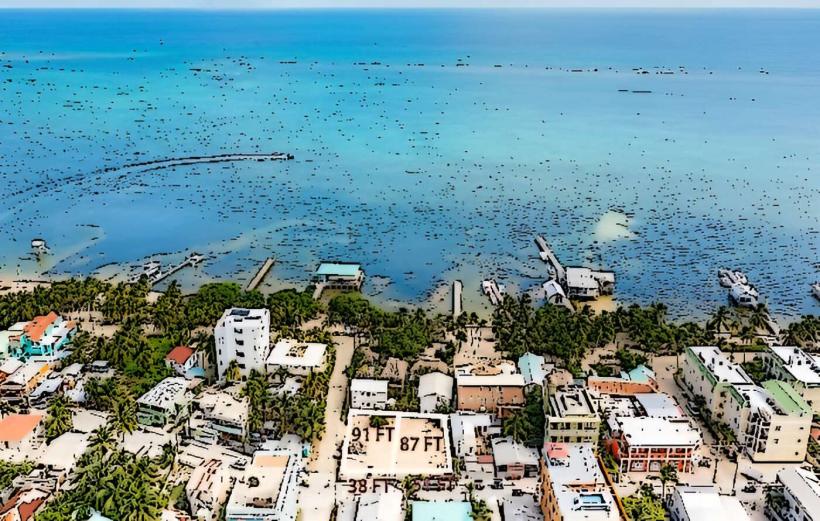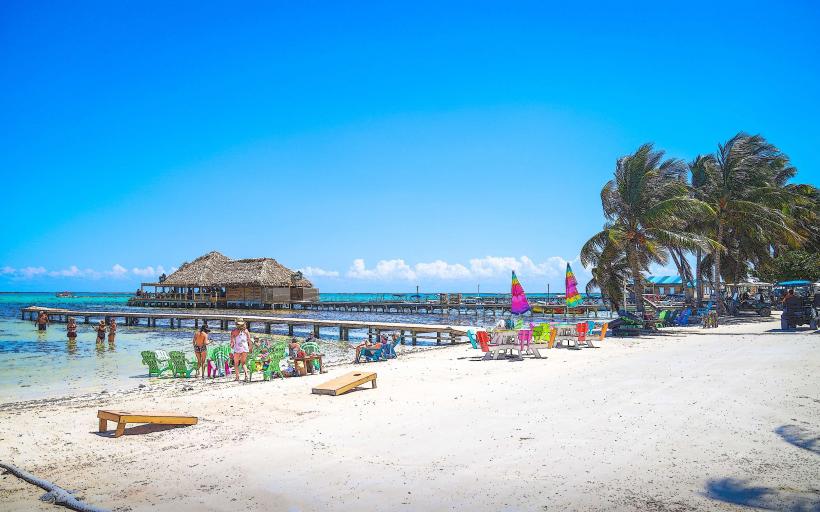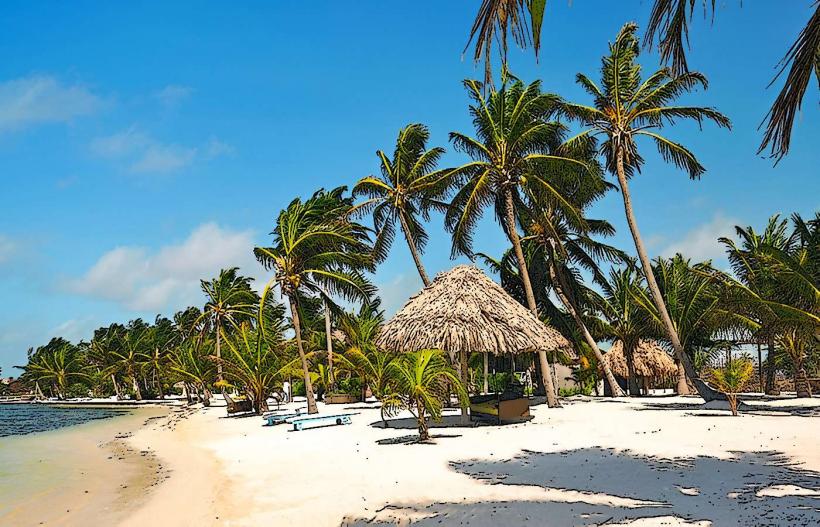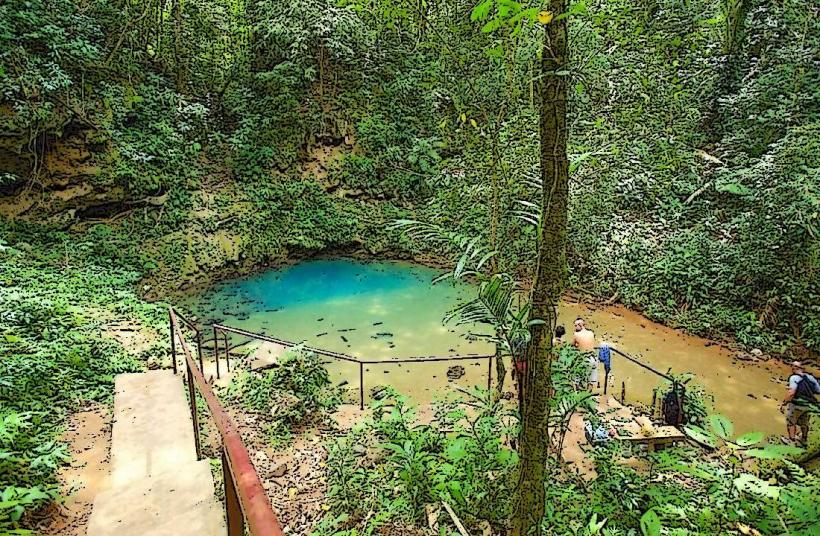Information
Landmark: Monogaga BeachCity: San Pedro
Country: Cote d-Ivoire
Continent: Africa
Monogaga Beach, San Pedro, Cote d-Ivoire, Africa
Monogaga Beach is a coastal area located in San Pedro, Cote d'Ivoire.
This location is characterized by its sandy shoreline and proximity to the Atlantic Ocean.
Visual Characteristics
The beach features a wide expanse of light brown sand. The water is typically a deep blue, with moderate wave action. Coconut palm trees line the immediate inland edge of the beach, providing a dense canopy in some sections.
Location & Access Logistics
Monogaga Beach is situated approximately 15 kilometers west of the San Pedro city center. Access is via the N1 national road, turning south onto a paved access road marked for Monogaga. Parking is available in an unpaved lot adjacent to the beach. Public transport options are limited; local taxis are the primary means of reaching the beach from San Pedro.
Historical & Ecological Origin
The beach is a natural formation, part of the West African coastline shaped by Atlantic Ocean currents and sediment deposition over millennia. It is classified as a sandy littoral zone.
Key Highlights & Activities
Swimming is permitted in designated areas. Sunbathing is a common activity. Local fishermen often launch small dugout canoes from the shore, particularly in the early morning.
Infrastructure & Amenities
Basic open-air food stalls operated by local vendors are present, offering grilled fish and beverages. There are no formal restroom facilities. Shade is primarily provided by natural vegetation. Cell phone signal (2G/3G) is generally available.
Best Time to Visit
The best time for photography is late afternoon, approximately 16:00 to 17:30, when the sun is lower and casts longer shadows. The dry season, from December to March, offers the most consistent weather with minimal rainfall. High tide can reduce the visible sand area.
Facts & Legends
Local folklore suggests that the beach was once a favored resting spot for ancient mariners navigating the coast. A specific rock formation at the western end of the beach is said to resemble a sleeping giant.
Nearby Landmarks
- San Pedro Port (5km East)
- Hotel Le Grand Large (2km East)
- Basilica of Our Lady of Peace of Yamoussoukro (Satellite Site) (3km Northeast)

